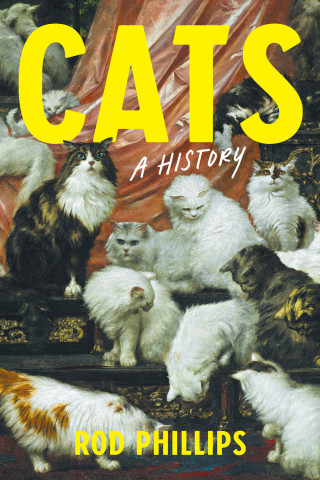
Reviews
This book persuasively re-evaluates Prudentius as a poet who effectively reshaped the reader’s awareness of Christian self in relation to the wider Christian community... Students of Late Antiquity will find much of interest in this study of an ambitious poet.
A cogent, masterful account of Prudentius's work. This book will make a welcome addition to the list of late antique and early Christian literary readings, expanding beyond Prudentius to engage larger questions of early Christian reading. It will also stand alongside works on the epic tradition, such as Hardie's, while contributing a clarifying view of Augustine's sources and predecessors.
Book Details
Acknowledgments
Introduction
1. An Epic Successor? Prudentius, Aeneid 6, and Roman Epic Tradition
2. Christian History and the Narrative of Rome
3. Christian Theology and the Making of Allegory
4. Pagan
Acknowledgments
Introduction
1. An Epic Successor? Prudentius, Aeneid 6, and Roman Epic Tradition
2. Christian History and the Narrative of Rome
3. Christian Theology and the Making of Allegory
4. Pagan Philosophy and the Making of Allegory
Epilogue: Self, Poetry, and Literary History in Prudentius
Notes
Works Cited
Index






